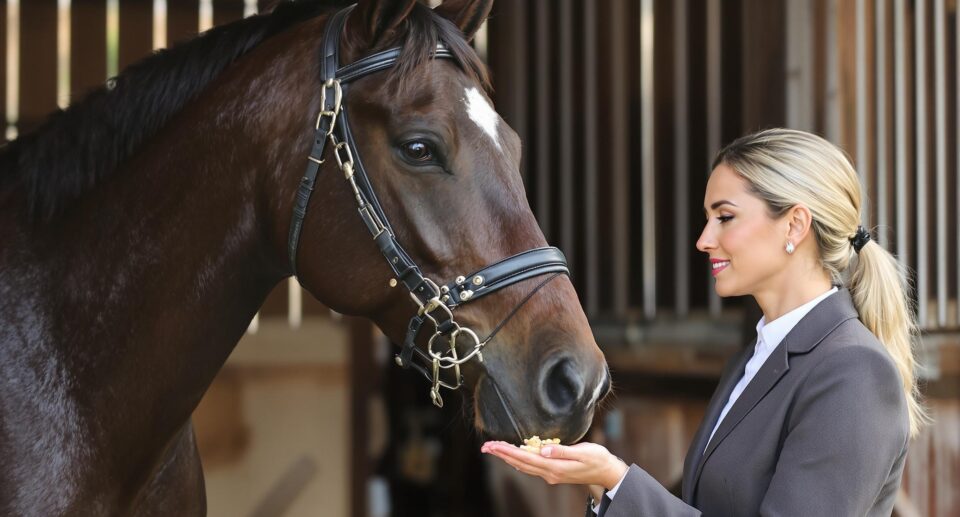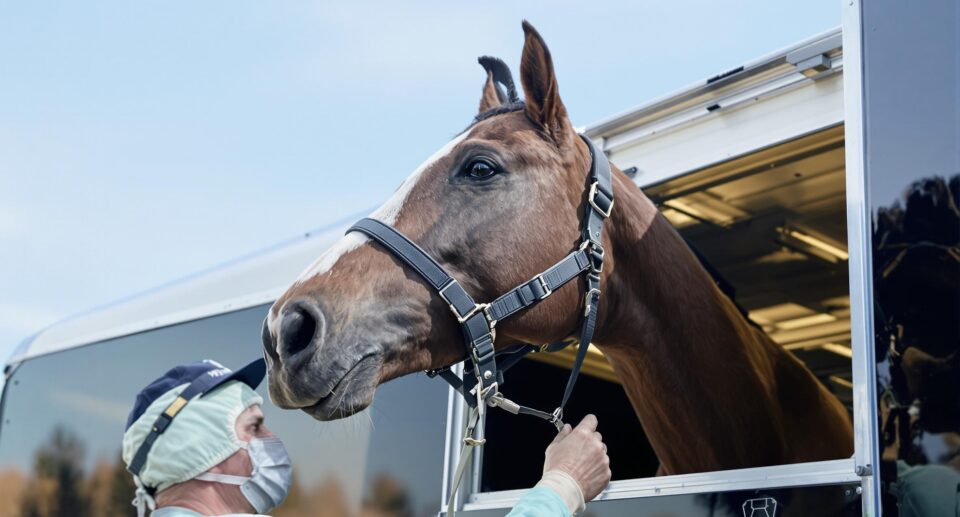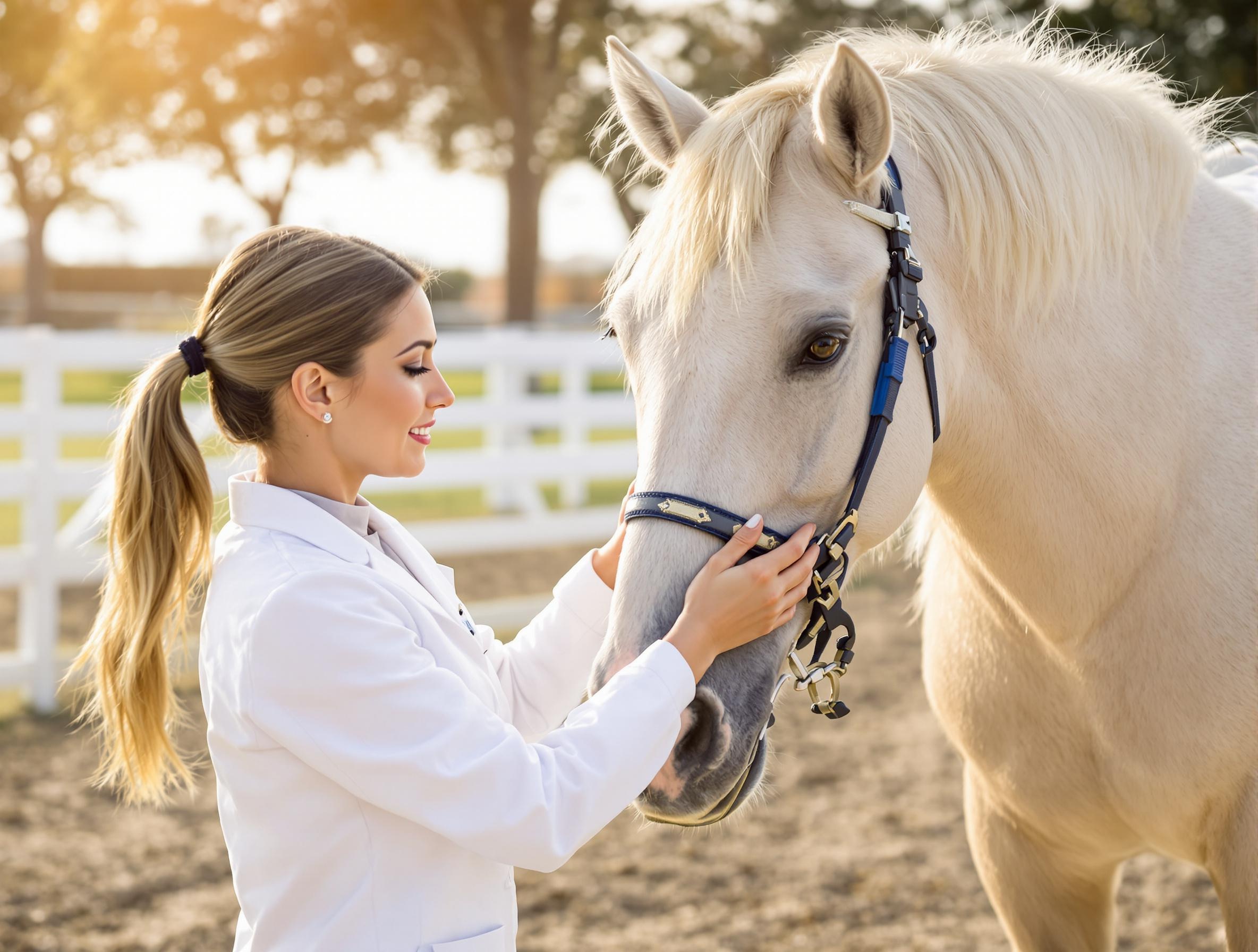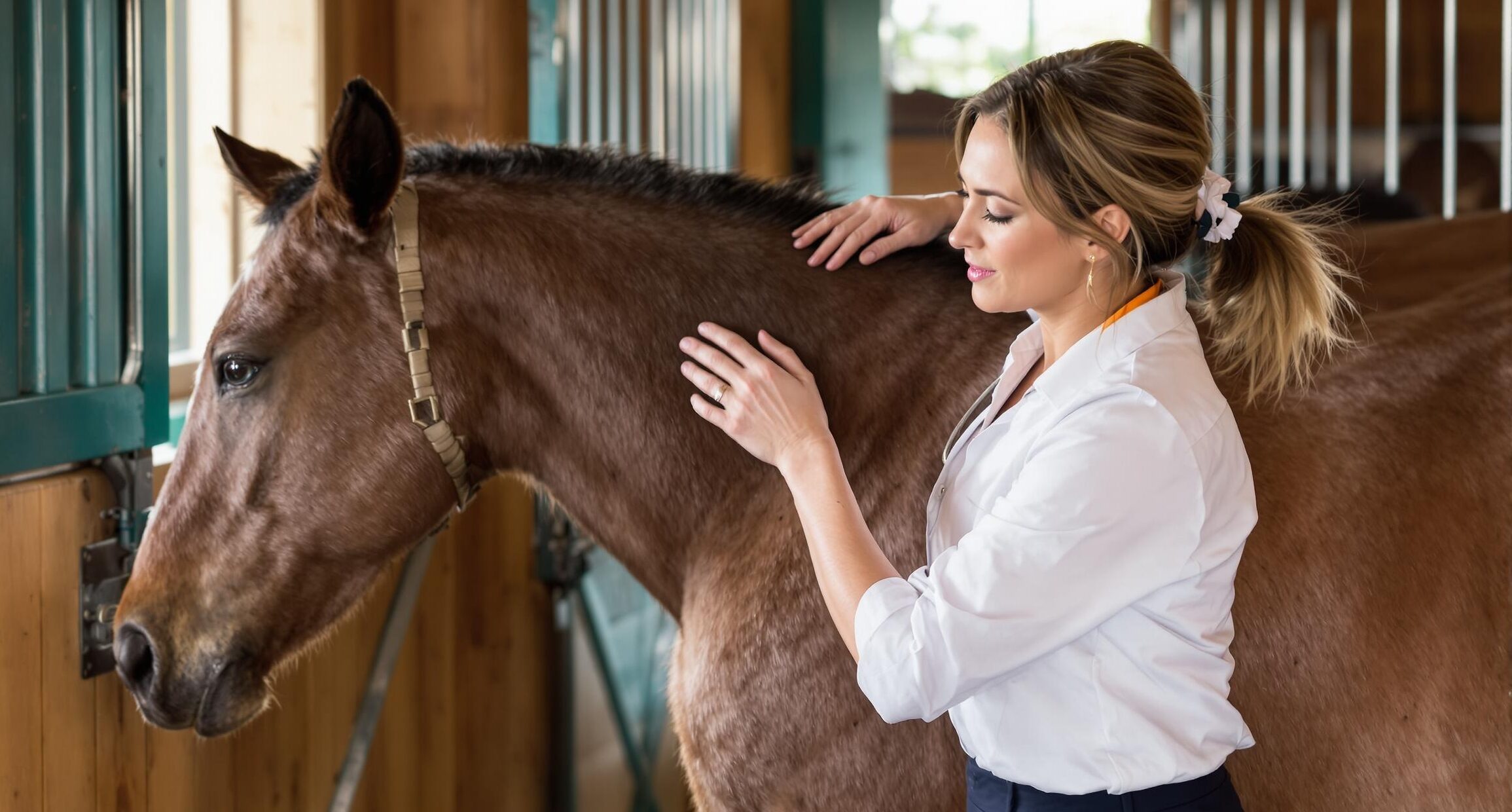7 Common Plants That Are Poisonous To Horses
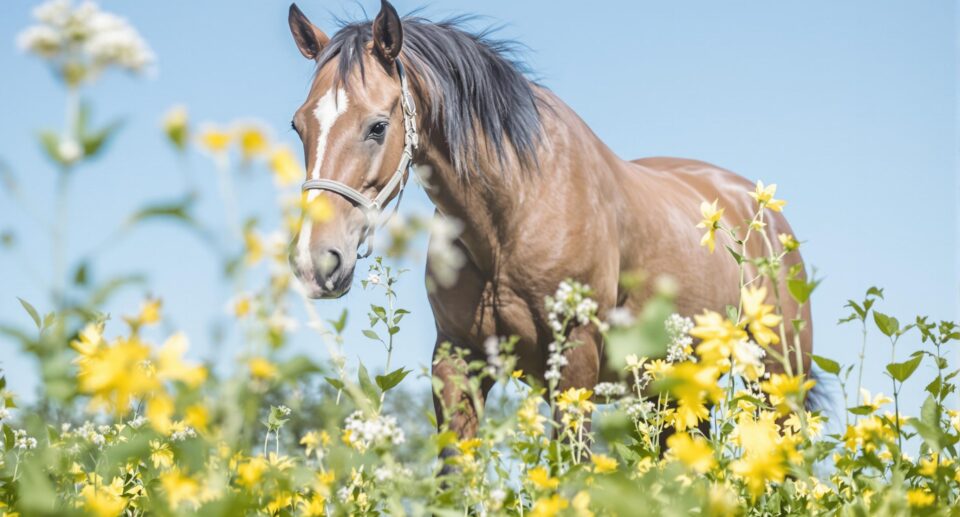
Horses spend most of the day grazing, and once in a while, they’re bound to encounter toxic plants. If the pasture is overgrazed, they’re especially vulnerable to nibbling on something they shouldn’t. Learn to identify common toxic plants and eliminate them from your pasture to keep your horse safe.
Alsike Clover/White and Red Clover
Clover is a good source of protein and fiber, but some varieties can pose a mild health risk to horses. Alsike clover has pink and white flowers. If your horse eats a large amount in one sitting, or eats it regularly over time, they can be at risk for liver disease. It can also cause photosensitization, or sensitivity to sunlight, leading to blisters on unpigmented areas of skin like your horse’s nose and ears.
Red and white clover are not toxic to horses, but they can be afflicted with “black patch fungus, which causes horses to drool excessively.
Buttercup
Buttercups are mild in toxicity. They contain a toxin called protoanemonin that irritates the gastrointestinal system and causes drooling when your horse consumes the leaves and flowers. If your horse eats a lot of them, they can develop more severe symptoms like convulsions and paralysis. In rare cases, horses can die from buttercup toxicity.
Milkweed
Milkweed is highly toxic to horses. It causes neurological issues like seizures, coma, and in severe cases, death. Fortunately, it’s easy to recognize the tall plants, and the leaves ooze a bitter sap that discourages most horses from eating them.
Prunus (Pitted Fruit) Trees
Fruit trees in the Prunus family pose a danger to horses. Black, choke, and pin cherry trees contain extremely toxic levels of cyanide in the bark, twigs, seeds, and leaves. Peach, apricot, and plum trees are also in the dangerous Prunus family.
Oak Trees/Acorns
Oak trees produce leaves and acorns that contain tannins that cause kidney and liver damage in horses. Young leaves and green acorns are the most toxic. Acorn poisoning is relatively uncommon in horses, even though oak trees grow just about everywhere in the United States. Some horses eat acorns on a regular basis without any ill effects, while others are very sensitive to the tannins. Acorn poisoning can be fatal to horses, so it’s worthwhile to monitor your horse around oak trees and limit their exposure if they seem to develop a taste for them.
Yew
Ornamental yew shrubs are highly toxic to horses, even in small amounts. Fortunately they are very bitter and horses will not eat them unless they have little else to forage on.
Nightshade Plants
All plants in the nightshade family are toxic to horses. They contain a chemical compound called solanine, which causes colic, muscle twitching, weakness, and in severe cases, death. Potatoes, eggplants, and tomatoes are all in the nightshade family and no part of the plant should be given to horses – even the parts that we love to eat. Deadly nightshade and black nightshade are highly toxic to horses, you’ll recognize them by their small white or purple flowers and small dark berries.
If you suspect your horse has eaten something toxic, call your equine veterinarian right away.

